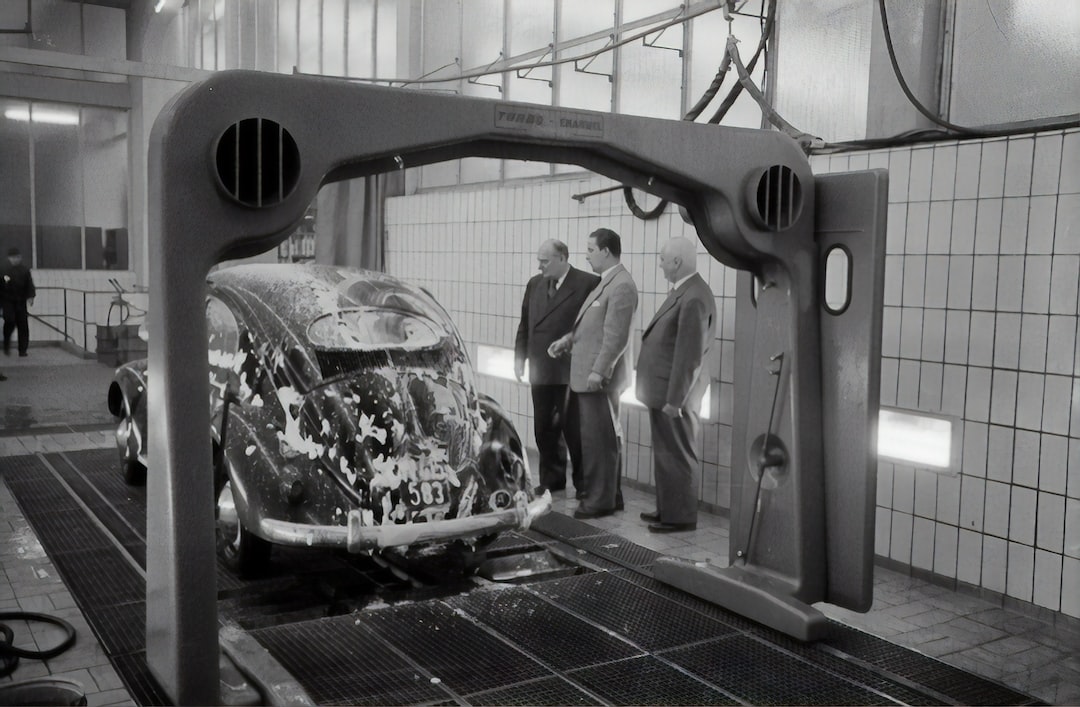Understanding the Concept of Mass Customization in Manufacturing
In today’s fast-paced world, where customers demand personalized products and experiences, mass customization has emerged as a viable solution for manufacturers. Mass customization refers to the ability to produce customized products at the same cost and efficiency as mass-produced goods. This concept has gained immense popularity in recent years and has revolutionized the manufacturing industry.
Traditionally, manufacturing processes have focused on mass production, where identical products are produced in large quantities. This approach worked well when there was a limited variety of products and customers had similar preferences. However, with the advent of technology and changing consumer behavior, traditional mass production started losing its appeal.
Mass customization bridges the gap between mass production and individual customization. It enables manufacturers to offer a wide variety of products while maintaining the efficiency and cost-effectiveness of mass production. By leveraging advanced technologies, such as computer-aided design (CAD) and computer-aided manufacturing (CAM), manufacturers can customize products to meet individual customer requirements.
One significant advantage of mass customization is its ability to cater to the unique needs and preferences of customers. In a mass customization system, customers have the opportunity to personalize various aspects of their products, such as size, color, features, and materials. This customization empowers customers, giving them a sense of ownership and satisfaction with their purchases.
Not only does mass customization benefit customers, but it also offers numerous advantages to manufacturers. By implementing mass customization strategies, manufacturers can reduce the need to maintain large inventories and minimize the costs associated with unsold products. Additionally, mass customization enables manufacturers to respond quickly to changing market trends and customer demands, staying one step ahead of the competition.
Implementing mass customization in manufacturing involves a strategic shift in the production process. To achieve mass customization efficiently, manufacturers need to adopt flexible manufacturing systems (FMS) that can adapt to varying product configurations. FMS utilizes automation and robotics to enable the production of customized products at a large scale. This flexibility allows manufacturers to switch between different product configurations without sacrificing efficiency or incurring additional costs.
Technology plays a crucial role in enabling mass customization. Advanced software systems, such as product configuration software and product lifecycle management (PLM) tools, assist manufacturers in managing the customization process effectively. These tools provide real-time information, automate production processes, and streamline communication between design, engineering, and manufacturing teams.
Moreover, 3D printing technology has revolutionized the concept of mass customization. With 3D printing, manufacturers can produce customized products on-demand, eliminating the need for traditional manufacturing processes. This not only reduces production time but also enables manufacturers to create complex and intricate designs that were previously impossible to achieve.
While mass customization offers several advantages, it also presents certain challenges to manufacturers. One of the significant challenges is the complexity of managing a high variety of products and product configurations. Manufacturers must develop effective systems to manage the customization process, ensuring timely delivery and maintaining quality standards.
Another challenge lies in striking the right balance between customization and standardization. It is crucial for manufacturers to identify the customizable aspects that add value to the customer while also maintaining certain standardization to keep manufacturing processes efficient and cost-effective.
In conclusion, understanding the concept of mass customization is crucial for manufacturers looking to stay competitive in today’s ever-changing market. Mass customization bridges the gap between mass production and individual customization, offering personalized products at the same efficiency and cost-effectiveness as traditional mass production. With advanced technologies and strategic implementation, manufacturers can successfully embrace mass customization and cater to the evolving demands of their customers.

